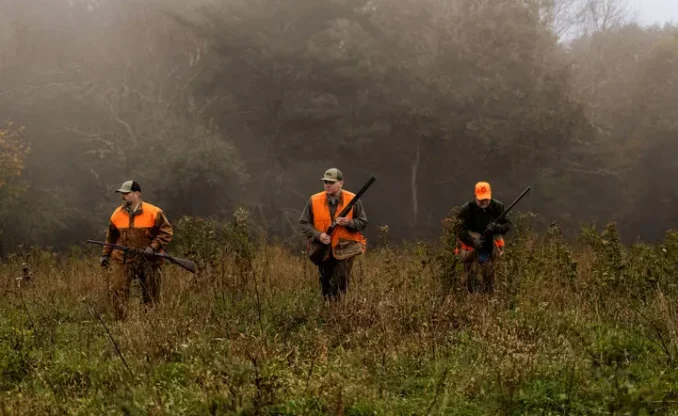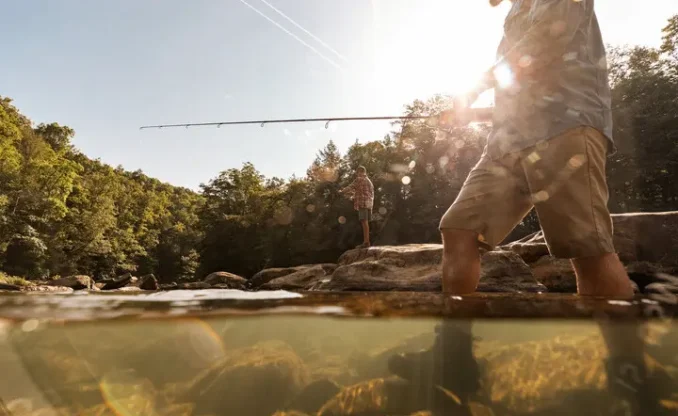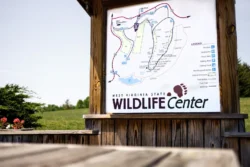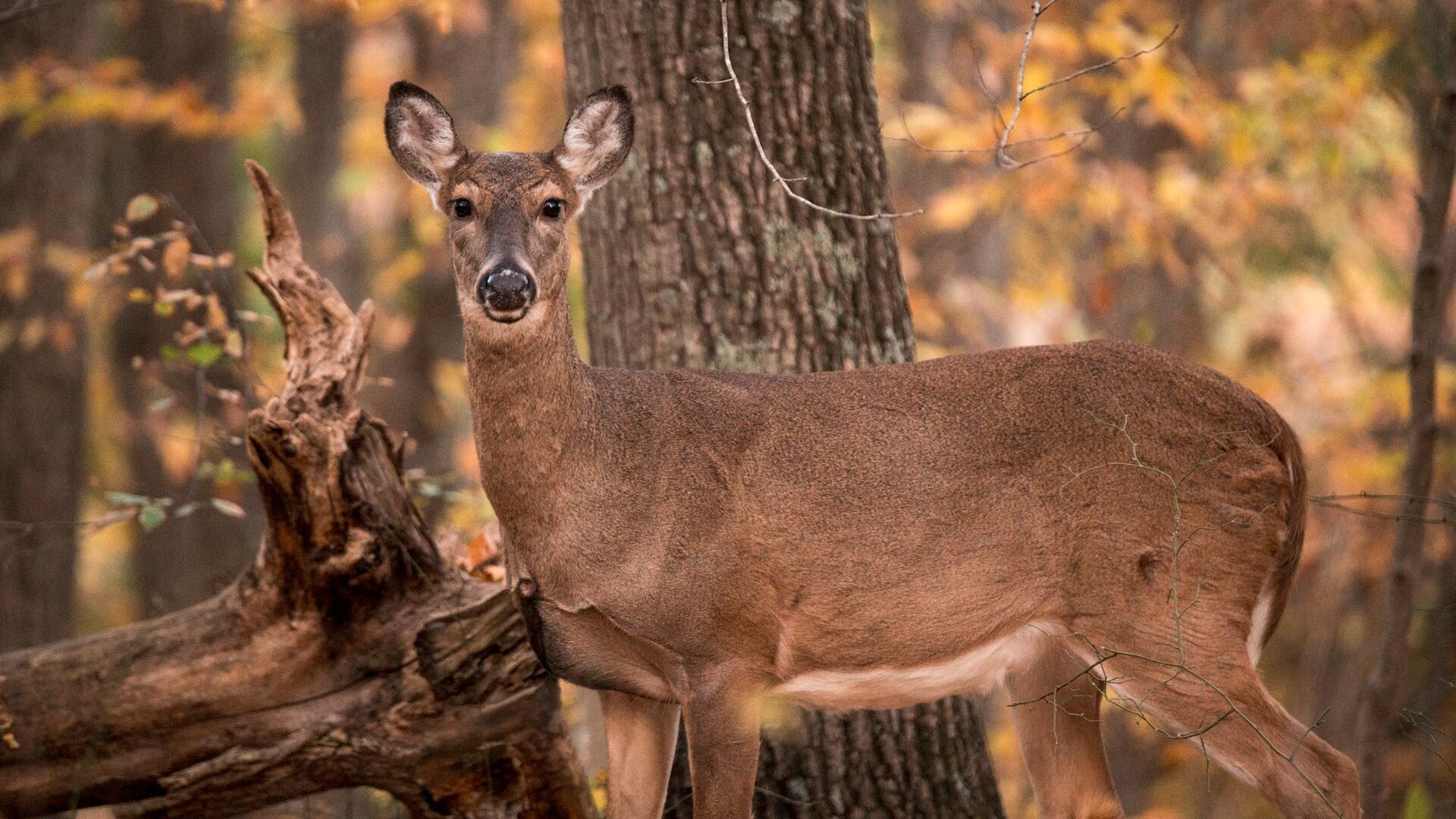A hunter’s guide to processing, storing, preparing and sharing nature’s leanest protein
Wild game is one of the healthiest, most sustainable sources of protein you can put on your table and with proper processing, storage and preparation, you can enjoy delicious, nutritious meals all year long. And for hunters who find themselves with more meat than they can use, donating extra deer through the WVDNR’s Hunters Helping the Hungry program is a powerful way to share nature’s bounty with those in need.
In this guide, we’ll explore why wild game is such a healthy protein source, walk through the basics of processing and storing it for the best quality, share tips for preparing delicious meals and explain how you can make a difference in your community this hunting season.
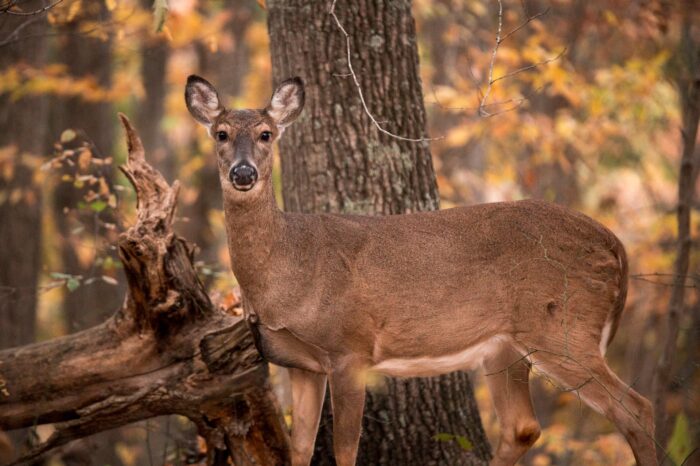
Wild Game is Nature’s Healthiest Protein
Wild game isn’t just tasty. It’s lean, nutrient-dense and often healthier than many meats you’ll find at the grocery store. Take venison, for example: a three-ounce serving contains about 102 calories, nearly 20 grams of protein and just over 2 grams of fat. Compare that to a similar serving of lean ground beef, which has 114 calories, 15 grams of protein, and more than 5 grams of fat. That means your wild game meals are filling and packed with high-quality protein while being lower in fat.
The benefits go beyond calories and fat content. Wild game is free from hormones, antibiotics and artificial additives commonly found in store-bought meats. Many species are naturally active, meaning their meat is firm, flavorful and full of nutrients.
Whether you’re new to hunting or have years of experience in the field, supplying your family with wholesome food is a great motivator to get in the field. But it’s also a compelling reason to participate in the Hunters Helping the Hungry program and share this incredible resource with your community.

Processing Your Harvest the Right Way
Once your hunt is successful, proper processing is key to preserving both the quality and nutrition of your wild game. Handling meat safely not only protects you from contamination but also ensures that every cut reaches your table in the best possible condition. Before you begin processing a harvest, make sure you’ve legally checked in your game at WVhunt.com. Need a refresher on how to do that? Check out this guide.
Start in the field by wearing disposable gloves and keeping your tools clean and your knife sharp. A dull knife can tear muscle fibers, waste meat and increase your risk of injury.
When processing a deer, remove the hide carefully, then trim away all hair and excess fat. Cut along the natural contours of the muscles to maximize your yield. Hindquarters and tenderloins are ideal for steaks and roasts, while neck and shoulder meat can be ground for burgers or sausage. Taking a little extra time during processing ensures you get the best cuts for freezing, cooking and sharing.
For beginners, taking your deer harvest to a local processor is a great option, but learning these basics yourself is an important part of the process and the first step toward delicious, lean meals that keep you coming back for more fall hunts.
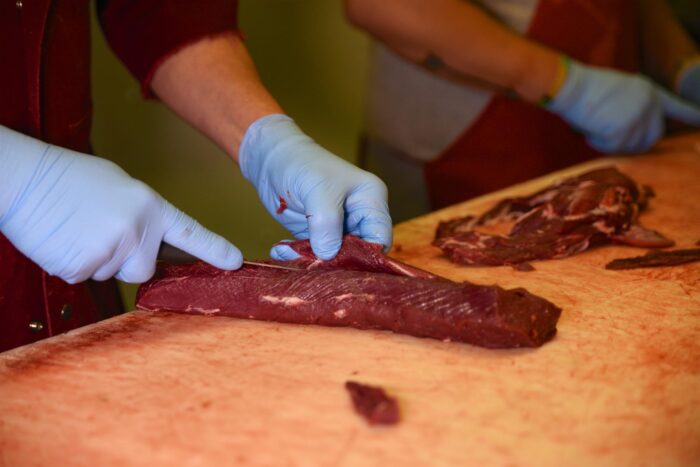
Storing Wild Game for Freshness
Proper storage is essential to keeping your wild game flavorful, nutritious and safe to eat long after it leaves the field. Because wild game is leaner than most commercial meats, it can dry out more quickly if not stored correctly.
Vacuum sealing is the best option for long-term storage. It protects meat from freezer burn, locks in flavor and preserves tenderness. If vacuum sealing isn’t available, tightly wrap cuts in plastic wrap and then add an airtight layer of freezer paper or heavy-duty aluminum foil. Label each package with the type of meat and the date it was harvested so you can rotate your freezer stock and enjoy it at its peak.
Smaller cuts, like steaks or tenderloins, freeze more evenly and thaw faster than large roasts or whole cuts. Ground meat should be portioned into usable amounts to avoid repeatedly thawing and refreezing. By taking a few extra steps during storage, you can ensure a year-round supply of high-quality, nutritious wild game for meals that nourish your family.
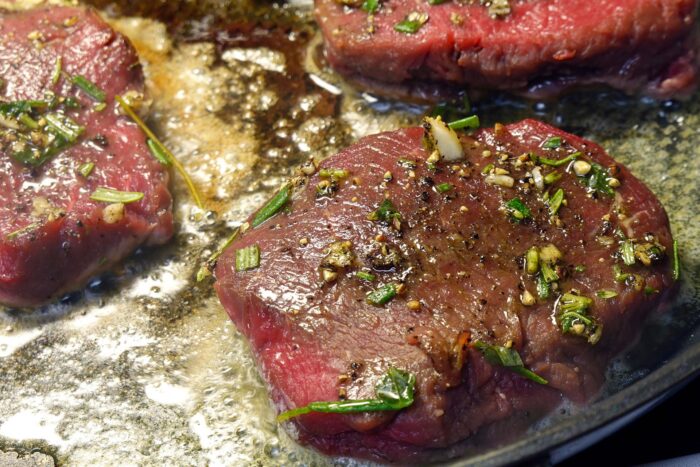
Preparing and Enjoying Wild Game
When cooking wild game, remember that wild game is leaner than store-bought meats and can dry out if overcooked. To help you prevent this, research and follow recommended internal cooking temperatures for the game you are preparing. This will also ensure that the meat is properly cooked and safe to consume.
Simple preparations often let the natural taste shine. Venison steaks can be seared with a touch of garlic and herbs, ground venison makes excellent burgers or chili and waterfowl can be roasted or smoked for a rich, flavorful meal. Experimenting with recipes allows you to enjoy the full range of flavors West Virginia game has to offer.
Sharing a meal of wild game nourishes the body and the soul by connecting hunters to their families, friends and communities. For those with extra meat, programs like Hunters Helping the Hungry ensure that your harvest can bring that same joy and sustenance to families across the state.
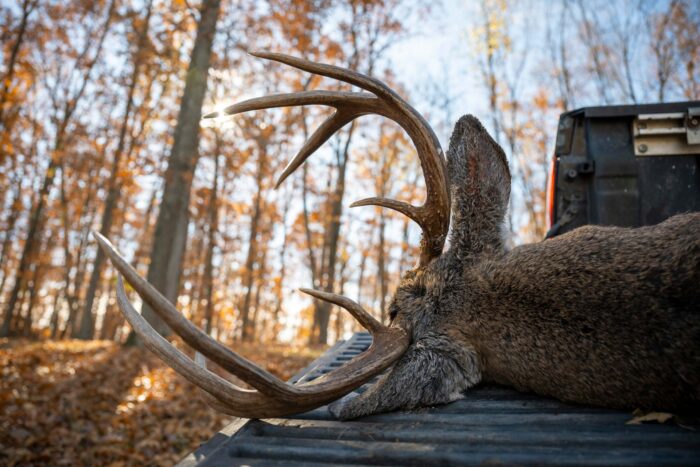
Sharing the Harvest: Hunters Helping the Hungry
The WVDNR’s Hunters Helping the Hungry program allows hunters to donate extra deer to feed families in need across the state. Since its start in 1992, hunters have processed and distributed more than 1 million pounds of nutritious deer meat to charitable food pantries, shelters, senior centers and soup kitchens around the state.
Participating is simple. Hunters bring their deer to designated processors, who grind, package and freeze the venison. Organizations such as the Mountaineer Food Bank in Gassaway and Facing Hunger Foodbank in Huntington ensure the meat reaches those who need it most. By donating, hunters help reduce waste, support local communities and share the benefits of West Virginia’s abundant wildlife.
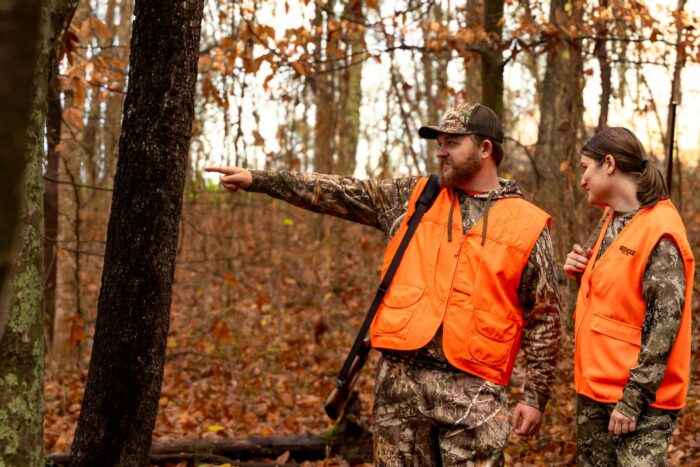
Make the Most of Your Harvest This Fall
Wild game is lean, nutritious and a delicious addition to your family’s table. By learning how to properly process, store and prepare your harvest, you can enjoy these healthy meals all year long and nourish families across West Virginia by donating extra deer meat through the Hunters Helping the Hungry program.
✅ Buy your hunting license
✅ Get ready for fall adventures
✅ Plan to donate a deer this season by finding a processor near you

